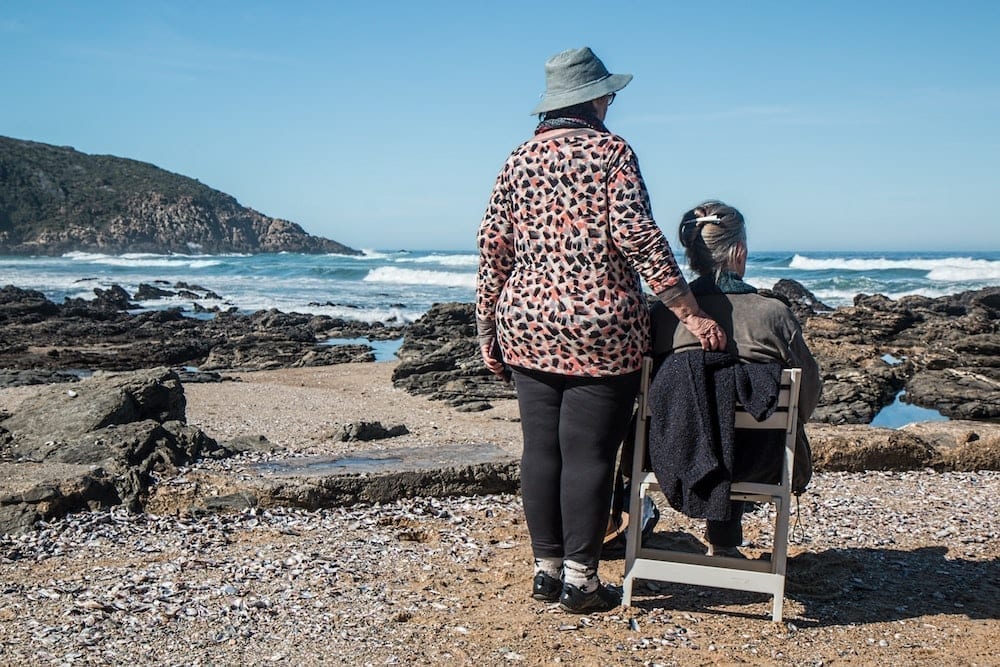
Palliative care has been in Australia for years, but is often misunderstood. People often think that palliative care just means that they stop treating your illness and only treat your pain. Actually, it has a lot more to offer than just pain. But many are confused about what it actually is, so we’ve made it simple.
What is it?
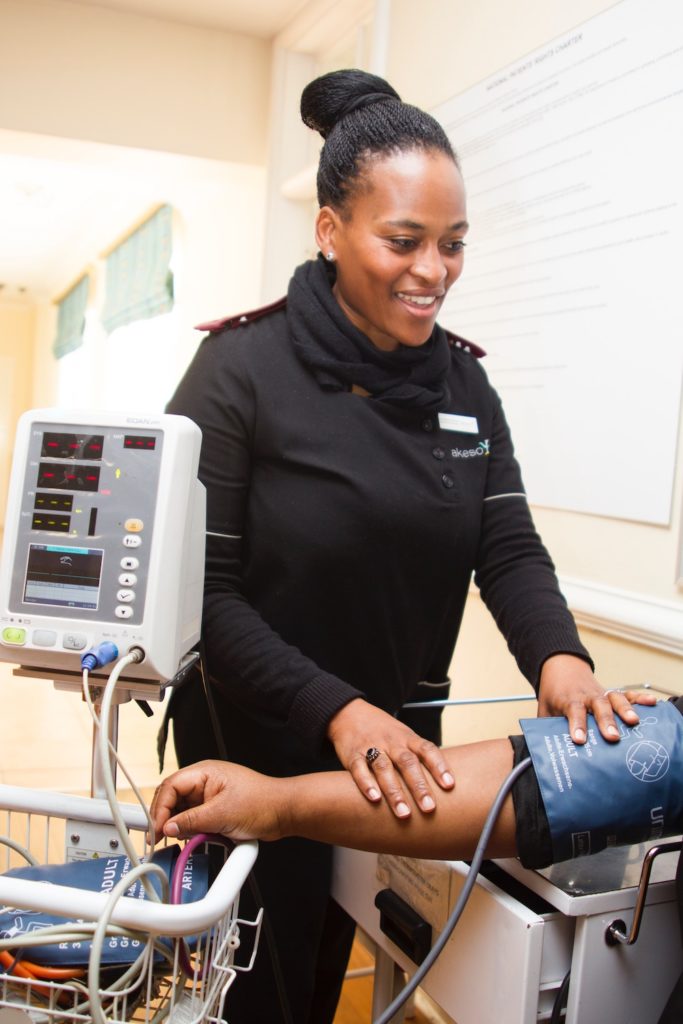
Palliative care is for when you decide that focusing on improving your quality of life is more inportant than focusing on curing your illness or disease. The word ‘palliative’ means to lessen. So the aim of palliative care is to lessen (or palliate) suffering and symptoms. It can help at many stages such as:
- as soon as someone gets a diagnosis
- early in a disease
- in the middle of treatment
- at the end of life (called terminal care)
So it can apply to many situations, even while still receiving chemotherapy and other treatments.
What isn’t it
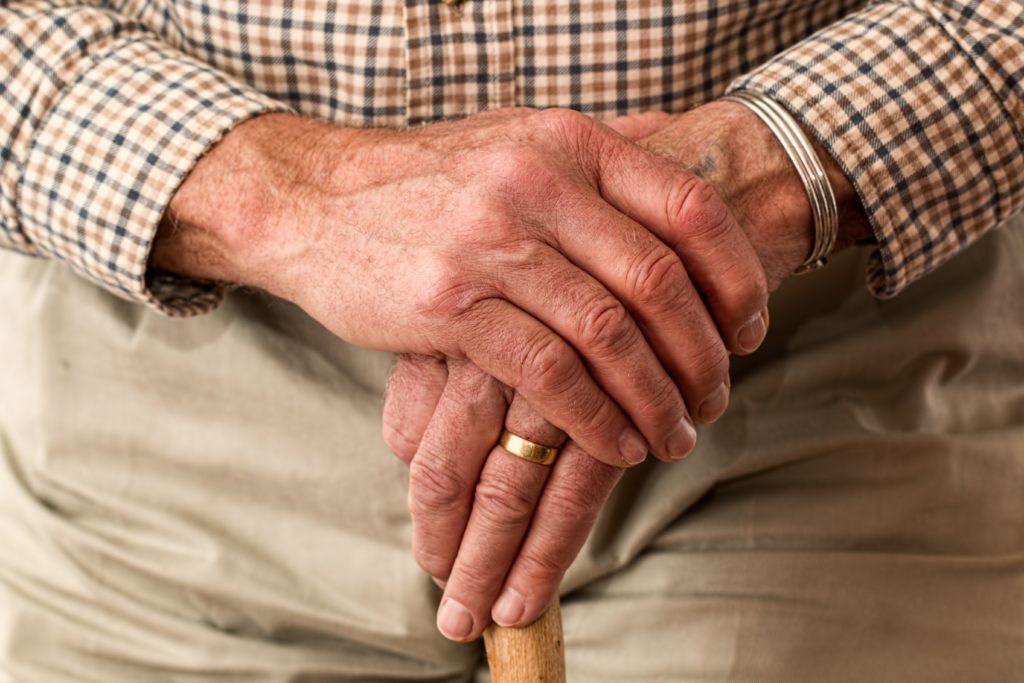
Palliative care is not just something you only get in the hospital or aged care “at the end” when all else has failed. It’s not restricted to the end of someone’s life. And it’s not just about relieving only pain without considering other areas of your health or life.
What does it include?
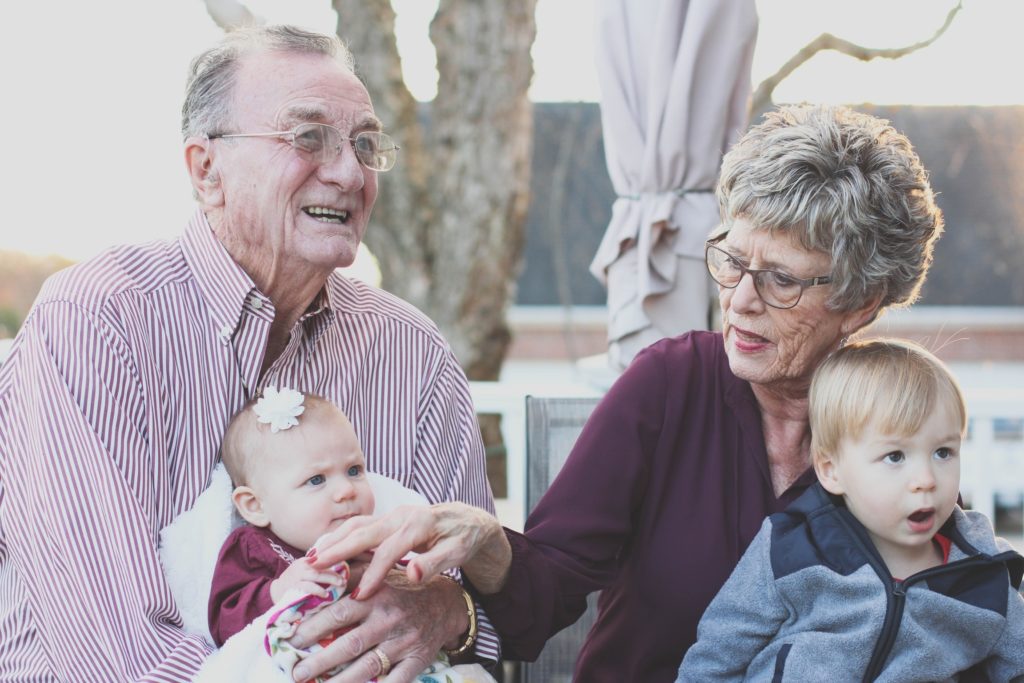
Palliative care can involve relief of pain, but also relief of other symptoms such as bowel and eating symptoms, restlessness, itch, or sleeplessness. It can help while receiving chemotherapy, radiotherapy or other treatments. Palliative care can even mean arranging for family visits, discussing spirituality or organising finances.
Importantly, anyone who wants to listen, can provide palliative care. It doesn’t only come from a specialist. We have made videos that help with the emotional and practical issues, including
How To Start Difficult Conversations
Planning a Funeral,
Touchstone Life Care believes with a small amount of solid knowledge and a little TLC, anyone can be a great carer.
When can you receive palliative care?
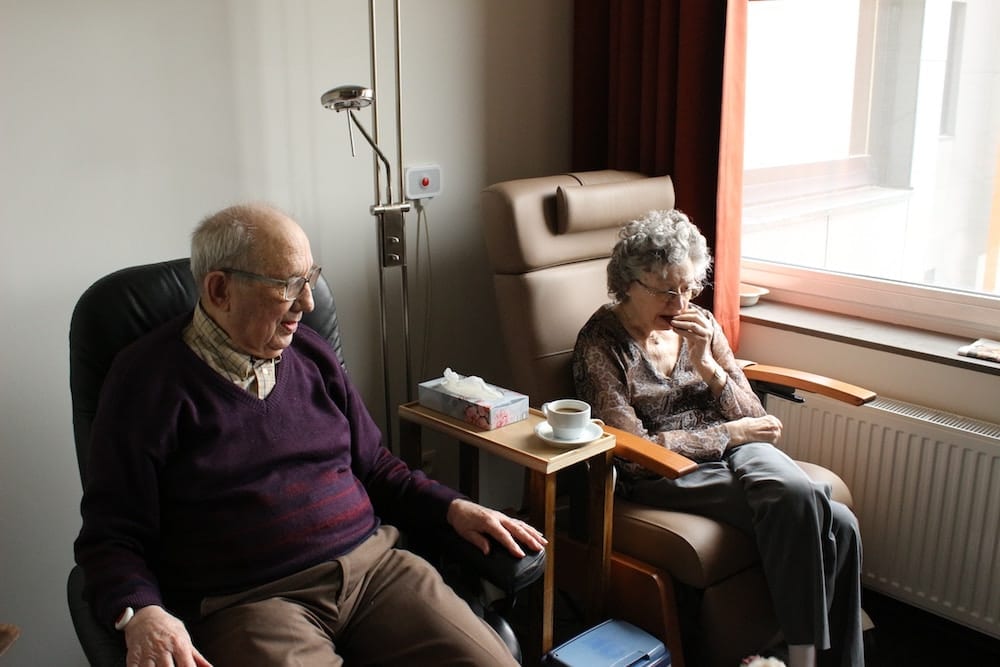
Some people see a palliative care team as soon as they receive a diagnosis, others after they have an operation, and others when they decide to stop chemotherapy or want to stop another treatment. It’s up to the person. You can access palliative care in your own home, in a hospice, or any outpatient community setting.
Palliative care specialists are there to help

Palliative specialists are trained to listen and not judge, having skills in talk therapy as well as medicine and nursing. They are compassionate and put your needs first. They can help with:
- Physical suffering such as vomiting, restlessness, itch, pain, lack of appetite, sleeplessness
- Mental or emotional suffering such as fatigue, worry, anxiety or depression
- Spiritual suffering such as “Why me?” “How can I help my children?’” or even “I haven’t spoken to my sister in decades- could you see if she wants to speak with me?”
They can help by contacting family members, organise a family meeting, make sure your wishes or beliefs are respected, or discuss anything that is important to you.
Above all, palliative care teams are trained to listen and give options for you to consider – if not for now, then for later on as your disease progresses. If you’d like more information, Palliative Care Australia has many more resources and referrals. To make a plan in case something should happen to you, create an Advance Care Plan to know that your wishes will be respected.




